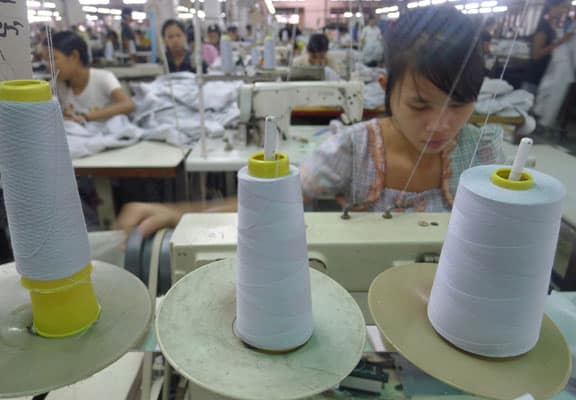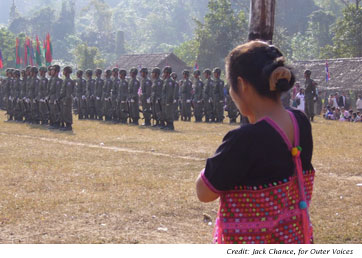Myanmar Female Muslim Refugees Run Out of Hope
At the end of our visit to the camp for internally displaced people, we thanked the women for sharing their stories. But then they said: visitors come, we talk to them, they listen, leave. Nothing changes for us.



